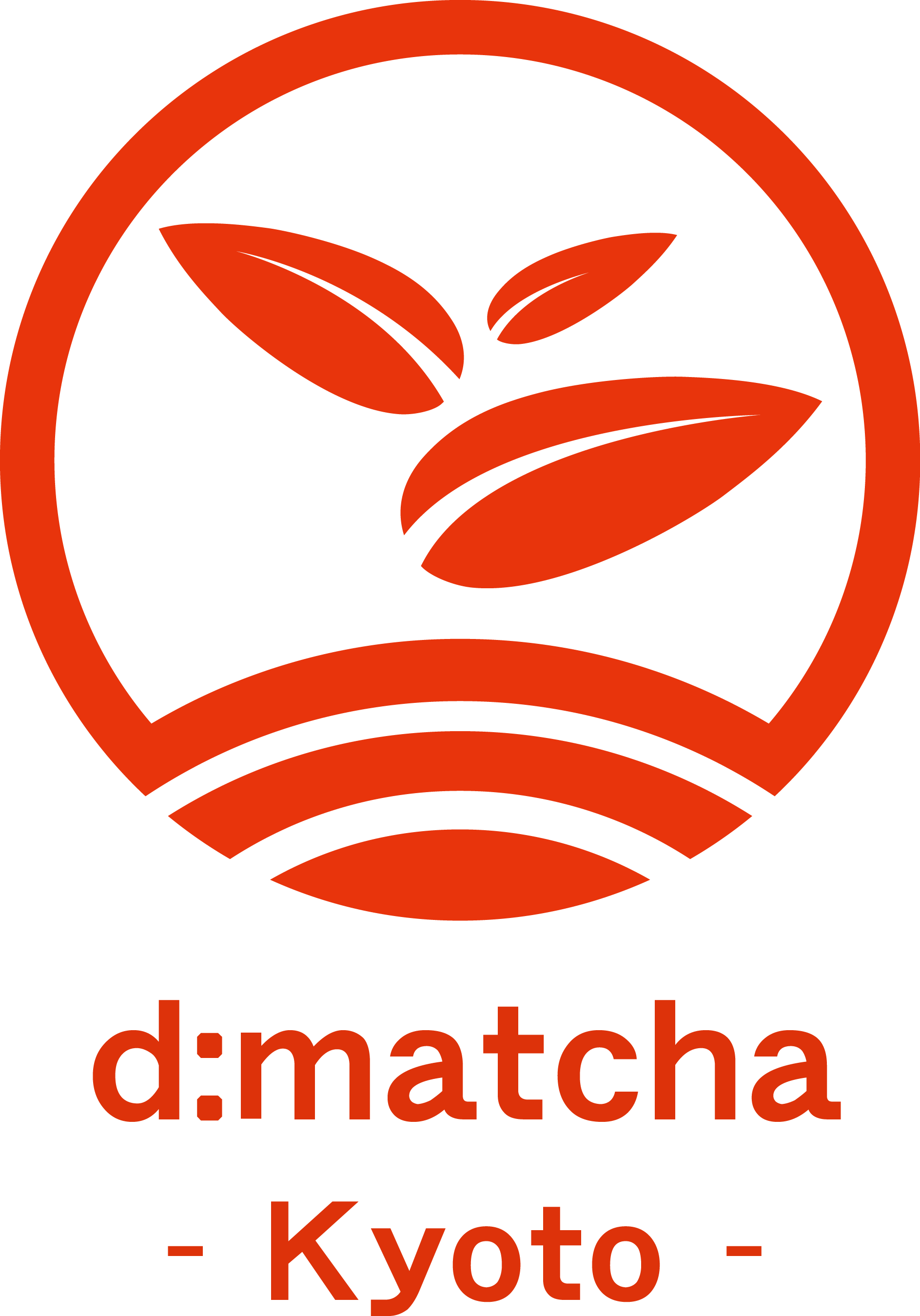Producing pesticide-free tea

As tea farmers with organic fields, we would like to debunk two common myths about organically produced tea:
- Organically produced tea is not delicious / does not have umami.
- The tea fields are left unmanaged and only attended to when harvesting needs to be done.
While producing organic tea may seem simple in theory and practice, ensuring the harvest is delicious and organic requires a considerable amount of time and effort.
A spring special
Tea farmers who produce organic tea frequently visit their tea fields to check on the condition of the tea trees and to perform tasks such as weeding or the application of organic fertilisers, among others. The former is especially important as neither herbicide nor pesticide is used. This meticulousness required makes organic tea truly a first harvest (spring) special.
Preparations for organic tea fields often start in the summer prior to the next harvest (i.e. the summer of 2020 for the spring harvest in 2021). As organic tea fields are more likely to be attacked by pests or are susceptible to diseases, these tea trees are pruned much deeper as compared to non-organic tea fields. Less branches means less humidity in the fields, as well as less competition among the new shoots for nutrients. Tea farmers also frequently perform weeding to ensure that any diseases do not spread to the tea leaves.
In addition to pruning and weeding, the application of organic fertiliser starts in summer as well. To ensure the soil is kept in optimum condition, farmers often used organic fertilisers made from aburakasu, soybean, or fish meat. The application of fertiliser is also most often the part of the process that takes up the largest monetary investment.
Depending on the condition of the tea fields and the quality of the tea that was previously harvested, farmers will adjust the amount of fertiliser applied. A soil analysis can also be conduced for each individual field to further identify down the specific nutrients required. This analysis extends beyond the essential elements (i.e., nitrogen, phosphoric acid, and potassium) and includes the levels of trace elements such as magnesium.
An investment for both sides

The methods of organic cultivation are also tweaked depending on the terrain of the tea fields. For example: The application of fertilisers in tea fields located in steep areas are usually reduced because it is too taxing on the farmers. Furthermore, the fertilisers would almost immediately be washed away in the presence of rain.
One such example is d:matcha's Harayama tea field (pictured)! The natural fertility of the soil and size of the field however, ensures that the tea leaves harvested are always delicious. Ultimately it is up to the farmer’s preferences and flexibility to maximise on the different features of a field.
Other frequently asked questions:
- Is pesticide-free the same as organic? There are tea farmers who produce delicious organic tea but do not possess any certifications. Since there is no official recognition, tea cultivated by these methods are sometimes labelled as “pesticide-free” instead of “organic”.
- Why are they not officially certified? The cost of obtaining an official certification is extremely expensive. In addition to a yearly premium, for registered companies there is also a 1-2% duty on their annual sales. Furthermore, regardless of the number of organic fields a farmer may have, this cost remains the same. At d:matcha we are hoping to expand the number of our organic fields within the next two years before applying for the certification.
- How do I know I'm paying the right amount? While we understand that organically cultivated tea may cost slightly more, the amount one spends as a consumer ensures that we can continue producing organic tea in the future. Furthermore, as we at d:matcha are farmers and producers, you may rest assured that our pesticide-free tea is 100% organic!
If you're also ever curious about the production method of organic product you're purchasing, we would also encourage you to reach out directly to the farmers themselves!
Read more about d:matcha's adopt-a-tea-tree initiative or view our pesticide-free tea range.


